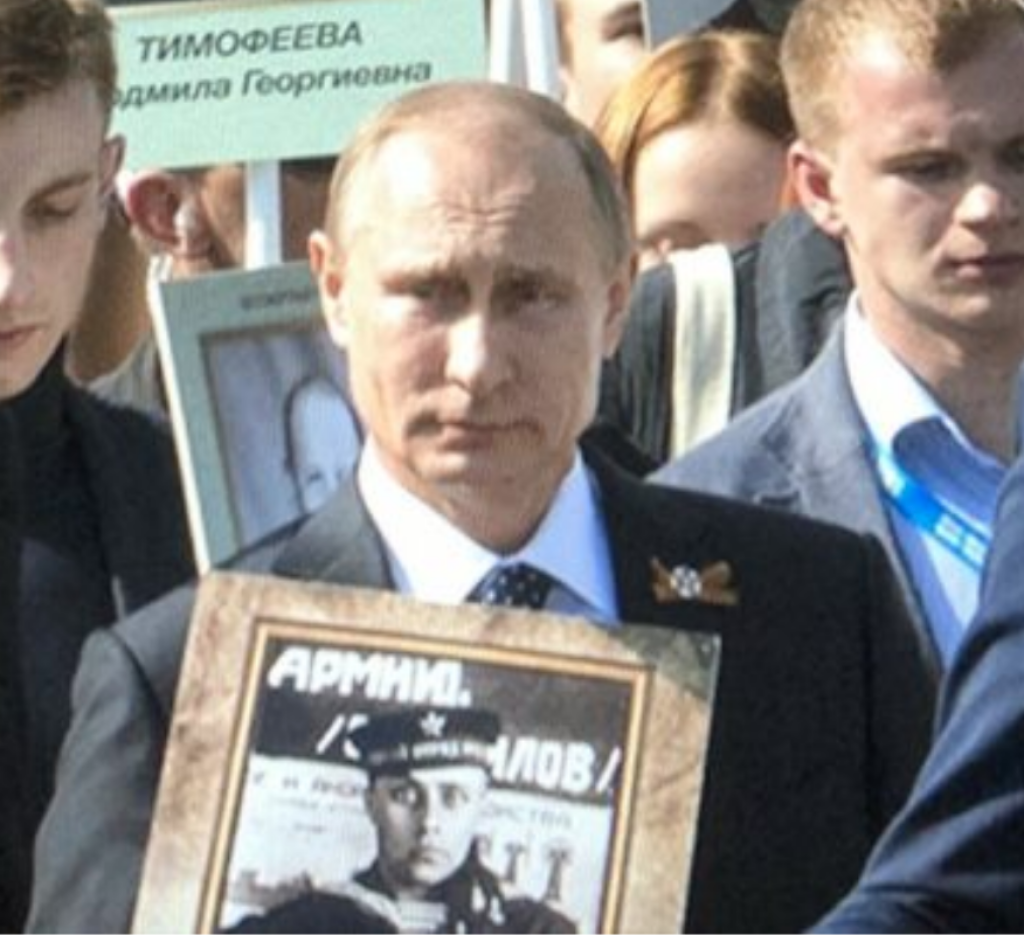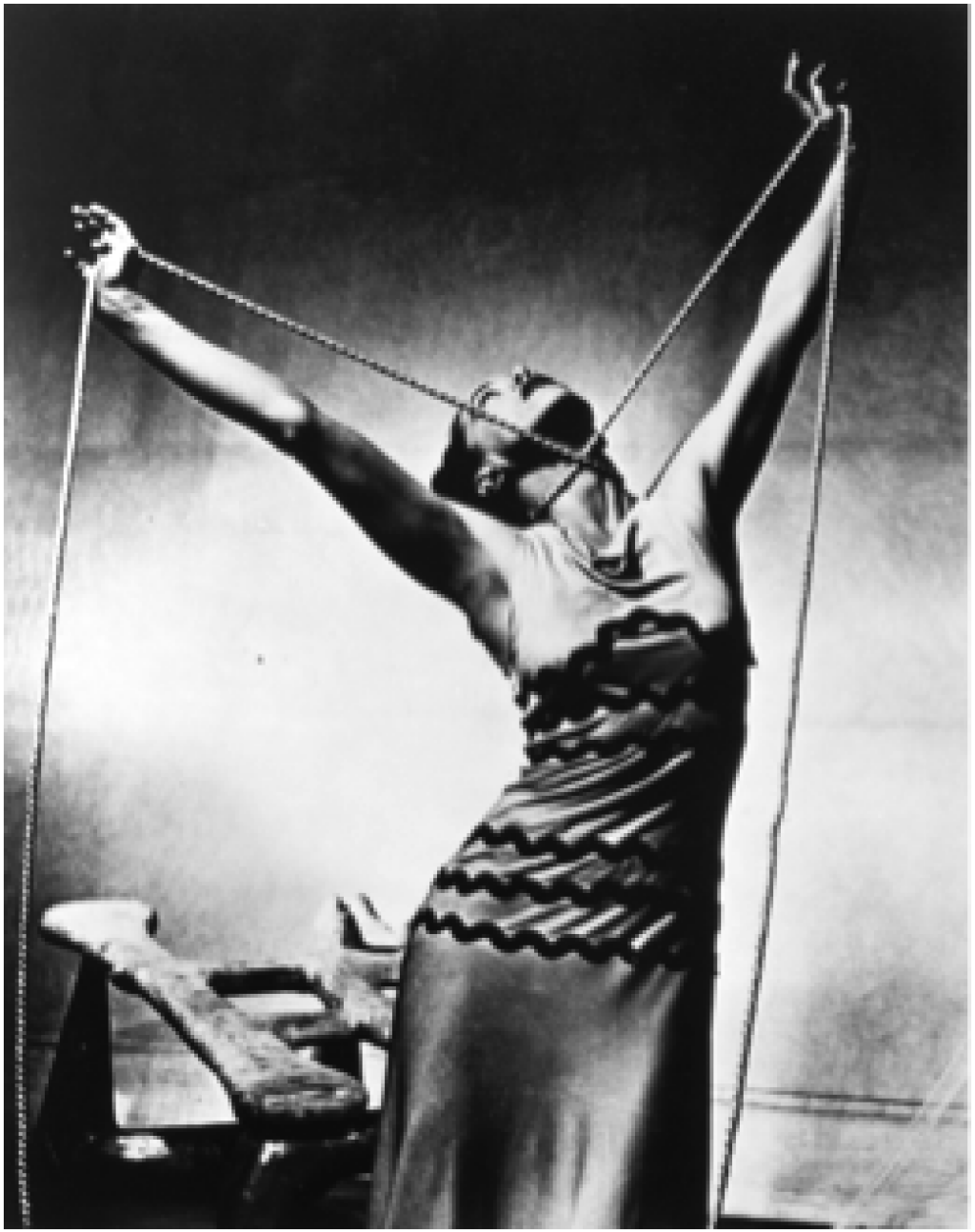Assistant Professor of Russian Petre Petrov of Princeton University presented an overview of his upcoming book to guests at the Jordan Center on November 8th. Petrov’s book examines Modernism as aesthetic, and aims to move beyond a focus on content, in favor of a consideration of form, “somehow without becoming formalist,” he said. Petrov explained his work as one that considers the Modernist device of negation and aims to pin down how this “refusal of communication” works.
Petrov makes use of the term “apparition” in his book to describe the device of negation. As an example he points to a mystical character called “Macabre,” a creation of Max Ernst’s, that made its appearance in the short-lived Dadaist journal Ventilator. Petrov described Macabre as a verbalized version of an air raid siren. The character expressed the political, economic, and social situation of early 20th century Germany through its anxiety-inducing warnings to the public. Petrov likened Macabre to “a dark spirit from the beyond who gives no peace to the bourgeoisie.” Petrov argued that perhaps we can think of Modernist texts themselves as having the status of apparitions. Much like Macabre, Petrov argued Modernist texts are eruptions--“works that come at us, rather than to us.” Apparitions, he said, “achieve a certain effect, and that is erasing the border between subject and object.”
Discussion was then opened up to guests at the table. Petrov noted that he was open to confronting possible misreadings. Ilya Kliger, Associate Professor of Russian & Slavic studies at NYU, said that perhaps Petrov was “representing non-representation” in his argument. Others raised the possibility that Petrov’s terms were less than neutral.
Petrov responded that “apparition” is a “representation that simulates a moment before representation,” and clarified this by explaining--“in a way it’s the content of the form.”
Professor at NYU’s Russian & Slavic studies department Eliot Borenstein suggested that as a means of clearing up issues of loaded terminology, Petrov should consider using Russian as opposed to English terms.
Michael Kunichika, NYU Professor of Russian & Slavic studies noted that perhaps Petrov should pay greater attention to devices. “You need a motor of literary development to explain the communication breakdown that is specific to Modernism,” Kunichika said. He also suggested that Petrov look to the work of Andre Bely, which might be particularly well-suited for this notion of the apparition.
Petrov admitted that perhaps “this is an underrepresented aspect,” in the book. “The devices are there, but the whole idea is how form gets to have a message of its own.”
Petre Petrov’s book is set to be released in early 2014.


